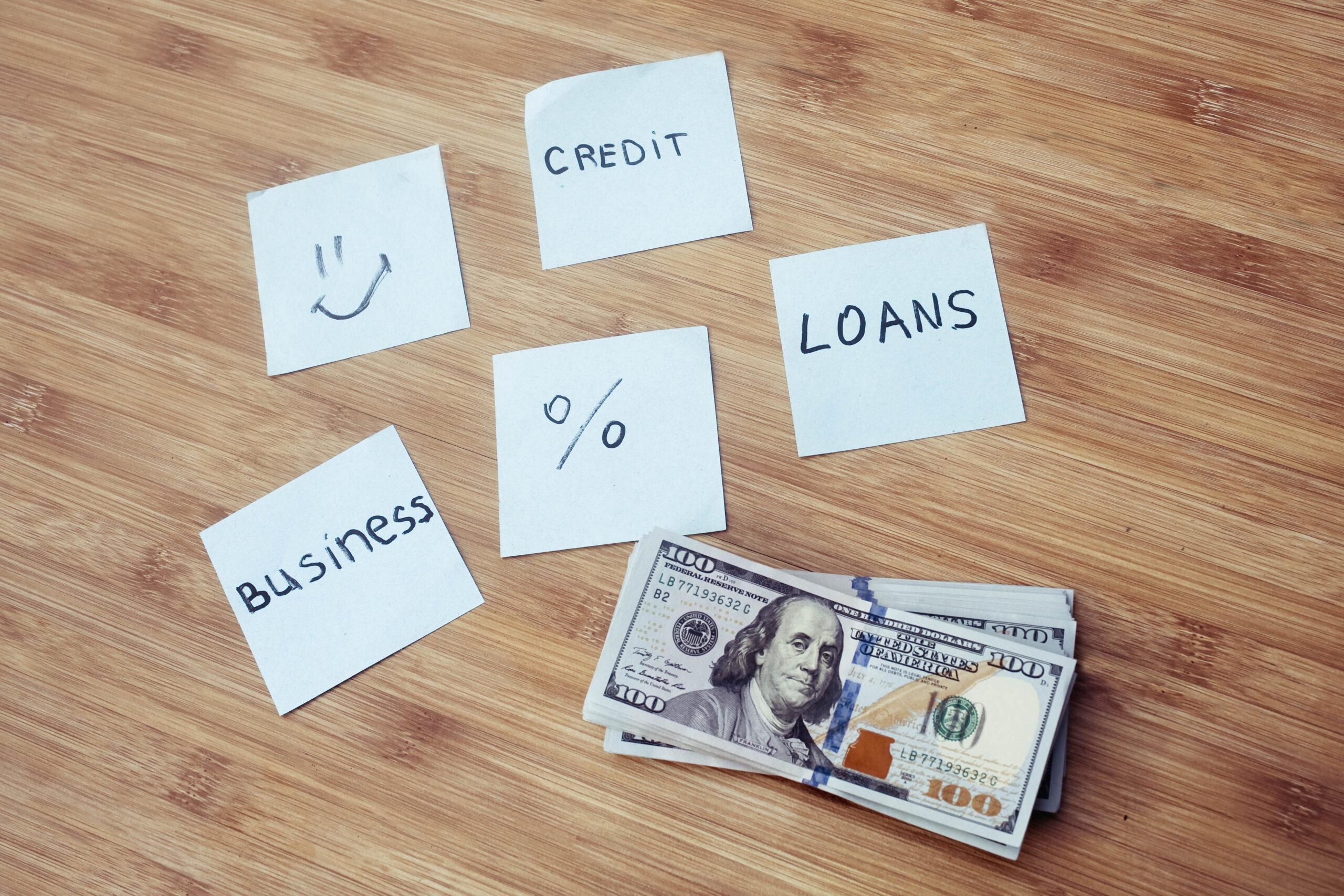123rf
Debt can be overwhelming, especially for those with limited income. Finding a way to manage it effectively is crucial. For many, non-profit debt consolidation offers a viable solution. Here are six options that could help you regain financial stability.
Non-Profit Credit Counseling Services
Credit counseling services offered by non-profit organizations can provide much-needed guidance. They offer personalized debt management plans tailored to your financial situation. These services often include negotiating with creditors to lower interest rates. By working with a non-profit credit counseling service, you can consolidate your debts and make manageable monthly payments.
Debt Management Plans
A Debt Management Plan (DMP) is a structured repayment program. It consolidates your debts into a single monthly payment. Nonprofit agencies typically offer DMPs, which can include reduced interest rates. This option helps low-income individuals avoid the pitfalls of high-interest debt.
Credit Union Loans

123rf
Credit unions often provide more favorable loan terms than traditional banks. They may offer consolidation loans specifically for low-income members. By consolidating your debts through a credit union, you could secure a lower interest rate. This option makes it easier to manage your debt without falling further behind.
Government Assistance Programs
Several government programs are available to help with debt consolidation. These programs may include subsidized loans or grants. They are designed to assist low-income individuals in managing their financial obligations. Exploring these options can provide significant relief if you’re struggling with debt.
Debt Consolidation through Non-Profit Organizations
Many nonprofit organizations specialize in debt consolidation for low-income individuals. They offer programs that consolidate multiple debts into one manageable payment. These organizations work to negotiate lower interest rates and waive fees. Choosing a nonprofit debt consolidation program can provide a more affordable path to becoming debt-free.
Peer-to-Peer Lending
Peer-to-peer lending platforms connect borrowers with individual lenders. This option often provides lower interest rates than traditional loans. Low-income individuals can use these platforms to consolidate their debts into a single payment. Peer-to-peer lending can be a more flexible and accessible solution for those with limited financial resources.
Finding the Right Solution for You
Choosing the best debt consolidation option depends on your unique financial situation. Consider all available options and seek advice from a nonprofit credit counselor. The right solution can help you regain control of your finances. By taking action now, you can work towards a more secure financial future.
The post Non-Profit Debt Consolidation Programs for Low-Income Individuals appeared first on The Free Financial Advisor.
Read the full article here
















